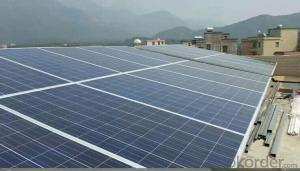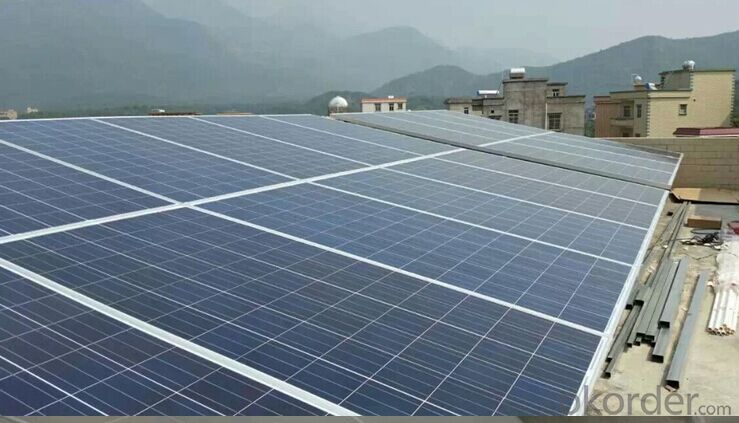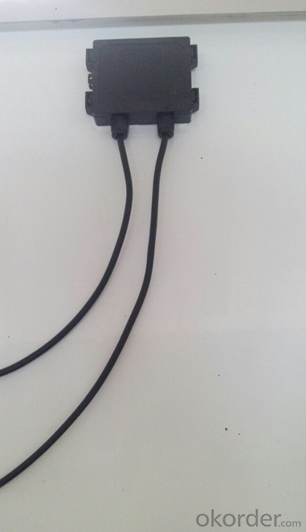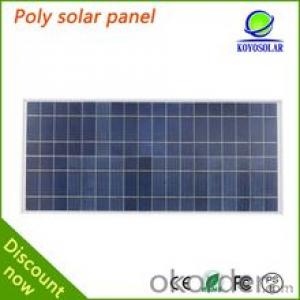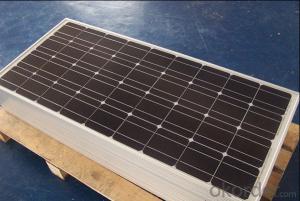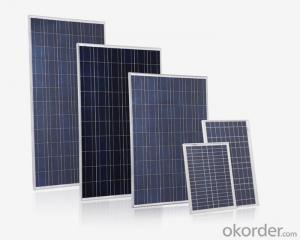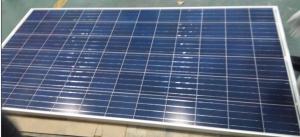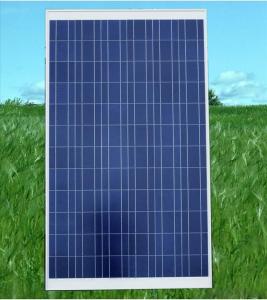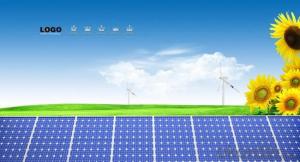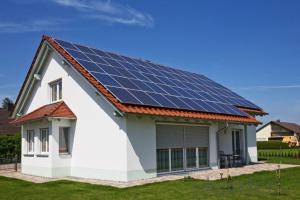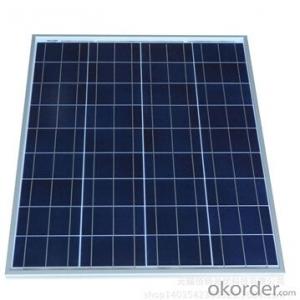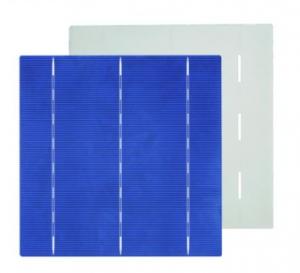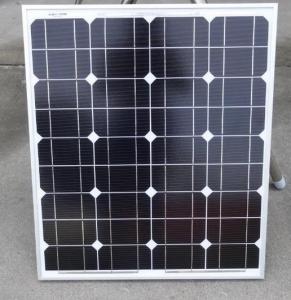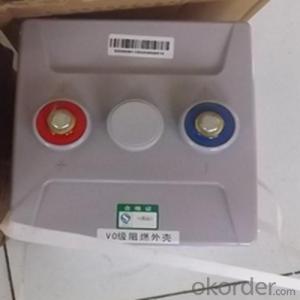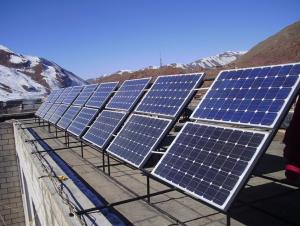250W Graphene Enhanced Poly Silicon Solar Module with High Quality CNBM
- Loading Port:
- Qingdao
- Payment Terms:
- TT OR LC
- Min Order Qty:
- 10 set
- Supply Capability:
- 300000 set/month
OKorder Service Pledge
OKorder Financial Service
You Might Also Like
Quick Details
| Place of Origin: | China (Mainland) | Brand Name: | CNBM | Model Number: | 285W solar module |
| Material: | Polycrystalline Silicon | Size: | 1956*992*50mm | Number of Cells: | 72 |
| Max. Power: | 285W | Cell Size(mm): | 156*156 | Tolerance: | 0~3% |
| Cells Number(pcs): | 6*12 | Weight(Kg): | 25 | Max.Series Fuse Rating (A): | 15 |
| Max.System Voltage-IEC(V): | 1000 |
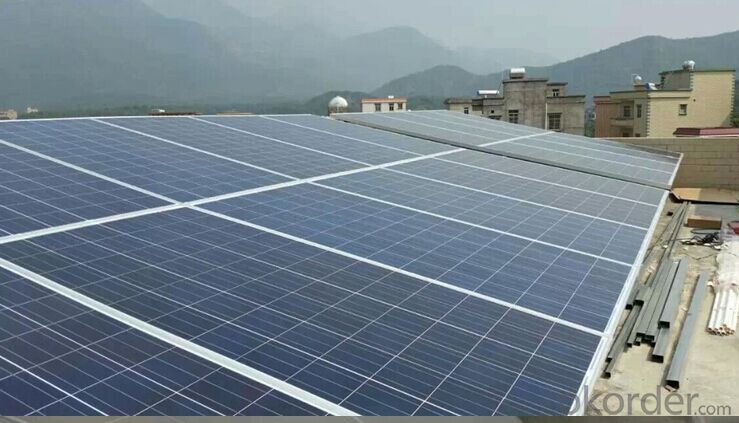
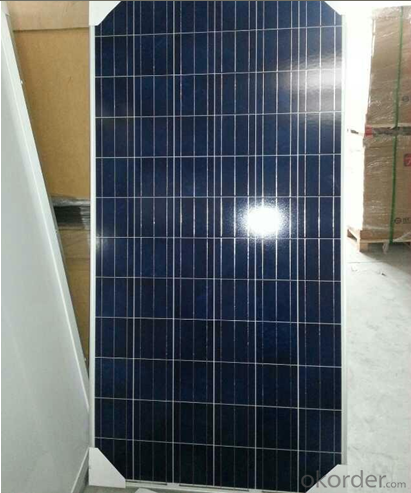
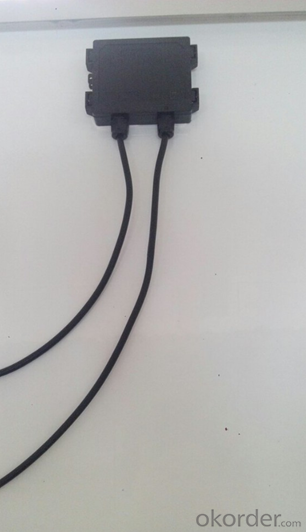
Polycrystalline Solar Module
XH250P(72)/ XH275P(72)/ XH300P(72)
Models | XH250P(72) | XH285P(72) | XH300P(72) |
Max. Power (Pmax) | 250Wp | 285Wp | 300Wp |
Optimum Operating Voltage (Vm) | 34.8V | 35.7V | 35.9V |
Optimum Operating Current (Im) | 7.18A | 7.77 A | 8.08A |
Open-circuit Voltage (Voc) | 43.8V | 35.4 V | 44.4V |
Short-circuit Current (Isc) | 8.04A | 8.24 A | 8.62A |
Cells efficiency | 14.6% | 15.8% | 16.8% |
Dimension L×W×H (mm) | 1956×992×50mm | 1956×992×50 | 1956×992×50 |
Power Tolerance (Pmax) | 0 ~ +3% | 0 ~ +3% | 0 ~ +3% |
Numbers of cells | 60pcs poly solar cell 156×156mm | 72pcs poly solar cell 156×156mm | 72pcs poly solar cell 156×156mm |
weight | 25kg | 25kg | 25kg |
Max system voltage | 1000V DC | 1000V DC | 1000V DC |
Temperature cycling range | -40℃ ~ +85℃ | -40℃ ~ +85℃ | -40℃ ~ +85℃ |
- Q: Can solar cells be used in high-altitude areas?
- Yes, solar cells can be used in high-altitude areas. In fact, solar cells can work even more efficiently in high-altitude locations due to the thinner atmosphere, which allows for greater solar radiation to reach the cells.
- Q: How do solar cells perform in areas with high humidity?
- Solar cells typically perform slightly less efficiently in areas with high humidity due to the presence of moisture in the air. The water vapor can reduce the amount of sunlight reaching the solar cells and can also cause corrosion over time. However, modern solar cell designs have improved significantly to mitigate these effects and ensure reliable performance even in humid conditions.
- Q: Can solar cells be used in recreational vehicles or boats?
- Yes, solar cells can be used in recreational vehicles or boats. They provide a sustainable and reliable source of power, allowing for the generation of electricity without the need for external fuel sources. This makes solar cells an ideal solution for off-grid power needs in these applications, providing an eco-friendly and cost-effective alternative to traditional energy sources.
- Q: What is the role of surge suppressors in solar cell systems?
- The role of surge suppressors in solar cell systems is to protect the system from voltage spikes and surges caused by lightning strikes, power surges, or other electrical disturbances. These suppressors help in preventing damage to the solar panels, inverters, and other components of the system, ensuring their longevity and efficient operation.
- Q: Can solar cells be used in vehicles?
- Yes, solar cells can be used in vehicles. They can be integrated into the design of cars, buses, boats, and even airplanes to convert sunlight into electricity, providing power for various vehicle functions such as charging batteries, running onboard systems, or even powering the entire vehicle.
- Q: What is the lifespan of a solar cell?
- The lifespan of a solar cell can vary depending on various factors, but on average, solar cells have a lifespan of around 25 to 30 years. However, with proper maintenance and care, solar cells can even last longer, sometimes up to 40 years or more.
- Q: Can solar cells be used in sports stadiums or arenas?
- Yes, solar cells can be used in sports stadiums or arenas. They can be installed on the roofs or other suitable areas to generate renewable energy that can be used to power various systems within the facility, such as lighting, scoreboards, or even charging stations for electric vehicles. Additionally, solar cells can help reduce the environmental impact of these large venues by decreasing their reliance on non-renewable energy sources.
- Q: Can solar cells be used in drones?
- Yes, solar cells can be used in drones. Solar-powered drones have been developed and are being used for various applications. They use solar cells to convert sunlight into electrical energy, which can be used to power the drone's motors and other electronic components. This allows for longer flight times and reduces the need for frequent battery replacements or recharging.
- Q: Can solar cells be used for powering hotels?
- Yes, solar cells can be used for powering hotels. Solar energy is a clean and renewable source of power that can be harnessed through the use of solar cells, also known as photovoltaic panels. These panels convert sunlight into electricity, which can be utilized to power various appliances and systems in hotels. By installing solar panels on rooftops or in open spaces, hotels can reduce their reliance on conventional energy sources, lower their carbon footprint, and potentially save on electricity costs in the long run.
- Q: Is a solar cell expensive to make?
- No, it's not expensive because the most expensive part is the silicon.
Send your message to us
250W Graphene Enhanced Poly Silicon Solar Module with High Quality CNBM
- Loading Port:
- Qingdao
- Payment Terms:
- TT OR LC
- Min Order Qty:
- 10 set
- Supply Capability:
- 300000 set/month
OKorder Service Pledge
OKorder Financial Service
Similar products
Hot products
Hot Searches
Related keywords
